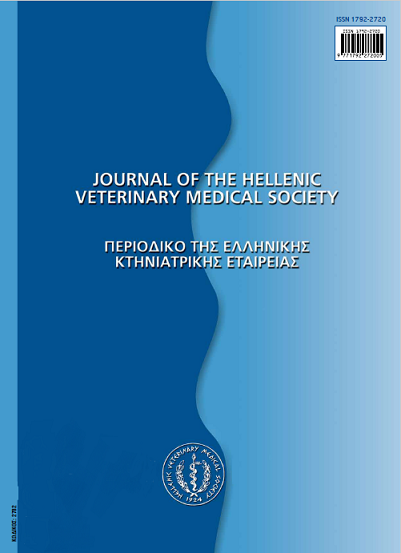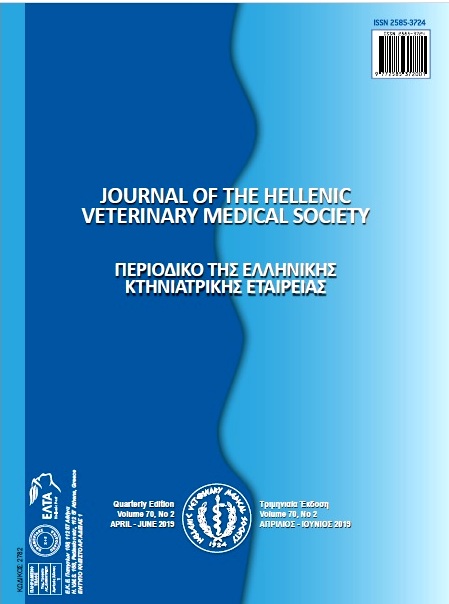Polymorphism of ompH gene of Pasteurella multocida serotype A strains isolated in Iran
Аннотация
One of the most frequent causes of respiratory infection and death in sheep and goats is Pasteurella multocida. In humans, it has been associated with diseases of the respiratory tracts, arthritis, osteomyelitis and meningitis. Outer membrane protein H (OmpH) has a role in immunogenicity and pathogenicity of P. multocida. The aim of this study was to characterize the genetic diversity of ompH gene of a panel of P. multocida serotype A strains isolated in sheep. Forty P. multocida serotype A strains isolated in previous study were selected and analyzed by restriction fragment length polymorphism (RFLP) of a species-specific PCR assay. RFLP amplified fragment produced five different cleavage patterns. On the basis of combinations resulting from ompH gene digestion, the 40 P. multocida isolates were classified in six RFLP type. It seems that isolates with variants genetic profile represent different pathogenecity. New vaccine formulation should consider multivariants of P. multocida in order to confer a wider protection.
Article Details
- Как цитировать
-
OULAD, M., TAHAMTAN, Y., & SOHRABI, N. (2018). Polymorphism of ompH gene of Pasteurella multocida serotype A strains isolated in Iran. Journal of the Hellenic Veterinary Medical Society, 69(1), 847–852. https://doi.org/10.12681/jhvms.16439
- Выпуск
- Том 69 № 1 (2018)
- Раздел
- Research Articles

Это произведение доступно по лицензии Creative Commons «Attribution-NonCommercial» («Атрибуция — Некоммерческое использование») 4.0 Всемирная.
Authors who publish with this journal agree to the following terms:
· Authors retain copyright and grant the journal right of first publication with the work simultaneously licensed under a Creative Commons Attribution Non-Commercial License that allows others to share the work with an acknowledgement of the work's authorship and initial publication in this journal.
· Authors are able to enter into separate, additional contractual arrangements for the non-exclusive distribution of the journal's published version of the work (e.g. post it to an institutional repository or publish it in a book), with an acknowledgement of its initial publication in this journal.
· Authors are permitted and encouraged to post their work online (preferably in institutional repositories or on their website) prior to and during the submission process, as it can lead to productive exchanges, as well as earlier and greater citation of published work.




